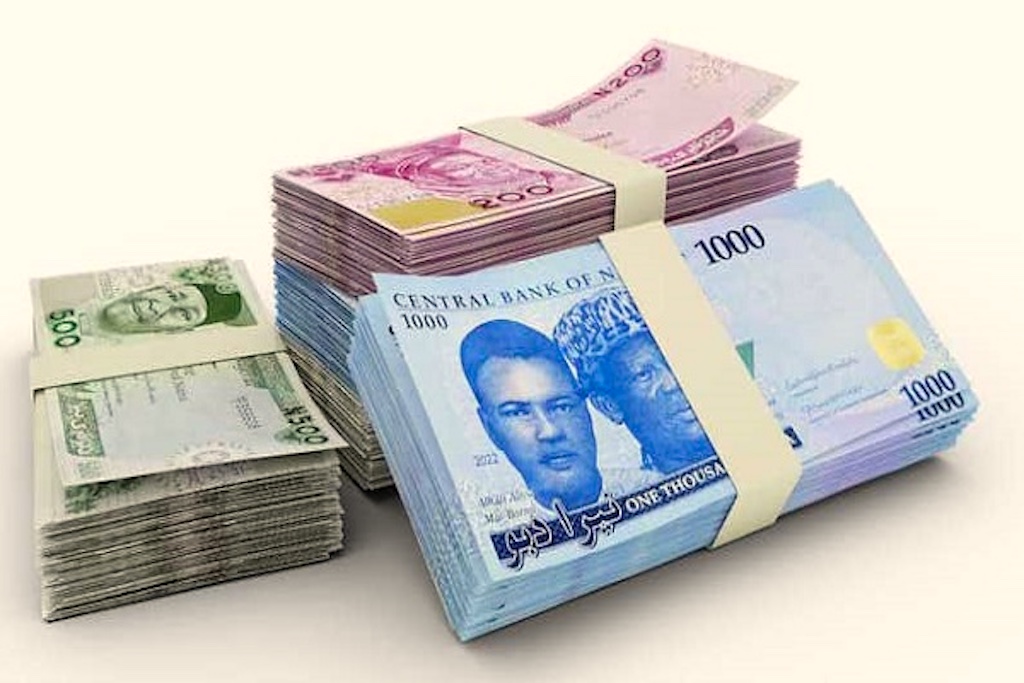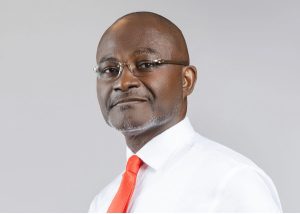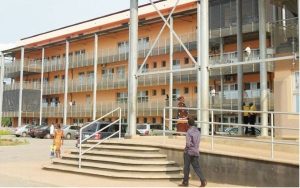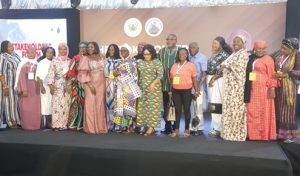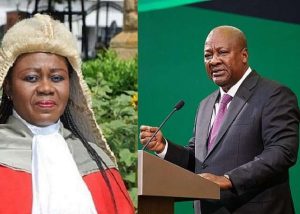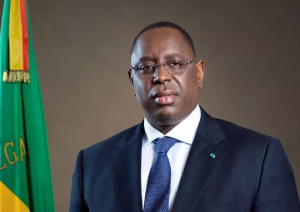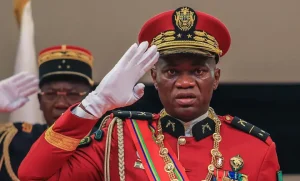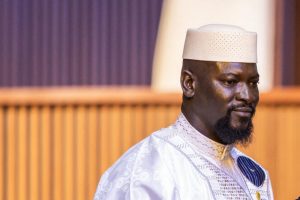In a bid to calm tensions over a lack of cash in Nigeria, President Muhammadu Buhari has announced that one of the three banknotes being phased out will be reintroduced into circulation.
In recent days there have been violent protests as people struggled to get hold of newly designed banknotes.
The deadline to hand in old cash was supposed to have been last Friday.
But not enough new notes have been released, leaving many without cash to pay for vital items.
With elections due on 25 February, Mr Buhari has been facing calls to take action to avoid losing votes for the ruling All Progressives Congress (APC).
In a televised address on Thursday morning, Mr Buhari said the old 200 naira ($0.43; £0.36) notes would remain legal tender for another 60 days.
He also said that the old 500 and 1,000 naira notes could be exchanged at the central bank and other designated places until 10 April – the previous deadline had expired on 10 February.
The president blamed “unscrupulous officials in the banking industry” for the difficulties in implementing the new policy.
“I am deeply pained and sincerely sympathise with you all over these unintended outcomes,” Mr Buhari said.
Nigerians have faced long queues at cash machines, with some sleeping outside banks to try and be first in line to get some money. The frustration boiled over into widespread protests on Wednesday, with several commercial banks attacked by angry crowds.
People say they have been forced to skip meals and have been unable to pay for basic services like bus or taxi fares in a country where cash is still widely used. An estimated 40% of the population do not have access to bank accounts.
The currency redesign has coincided with problems making digital payments.
The Supreme Court last week ordered that the deadline for giving up old banknotes be suspended, following a legal challenge by several state governments. It is now due to hear the case next Wednesday.
In his address, Mr Buhari said redesigning the currency was intended to tackle inflation and illicit financial flow, as well as curb insecurity, especially the financing of “terrorism” and kidnapping for ransom.
He also alluded to concerns that some politicians had amassed large sums of money ahead of the elections in order to buy votes, and said the currency redesign had put a stop to that plan.
Mr Buhari urged voters to go out and vote in the general election for the candidates of their choice.
He is stepping down at the end of his two terms. The main contenders for the presidency are the APC’s Bola Tinubu and the Peoples Democratic Party’s (PDP’s) Atiku Abubakar, while Labour’s Peter Obi is seen as the wild card in the race.
Source:bbc.com

